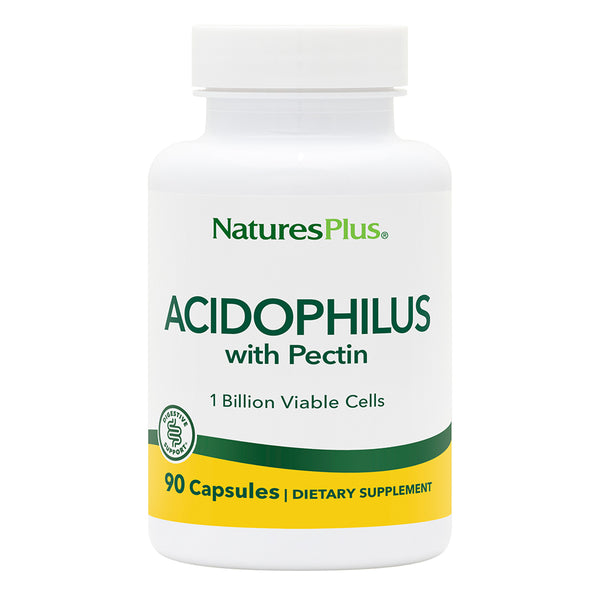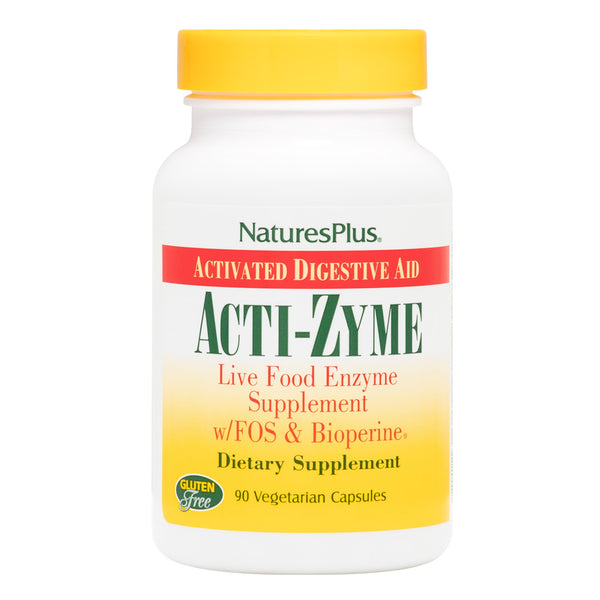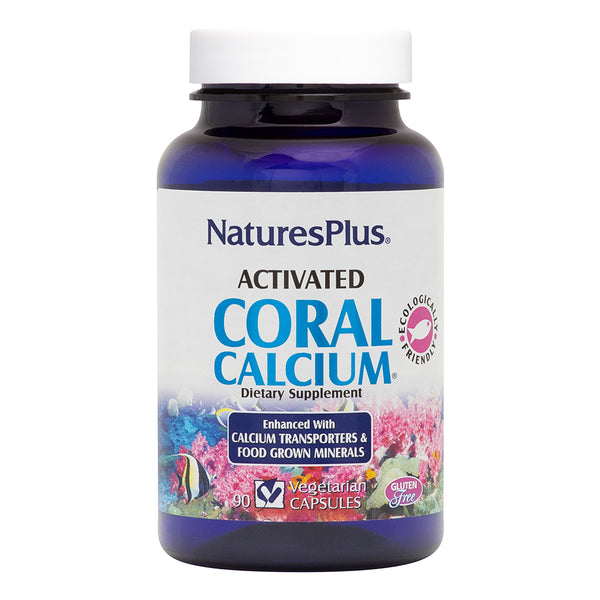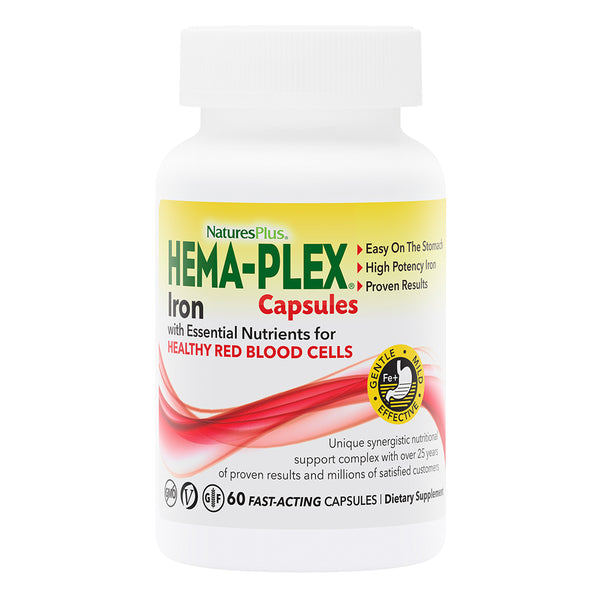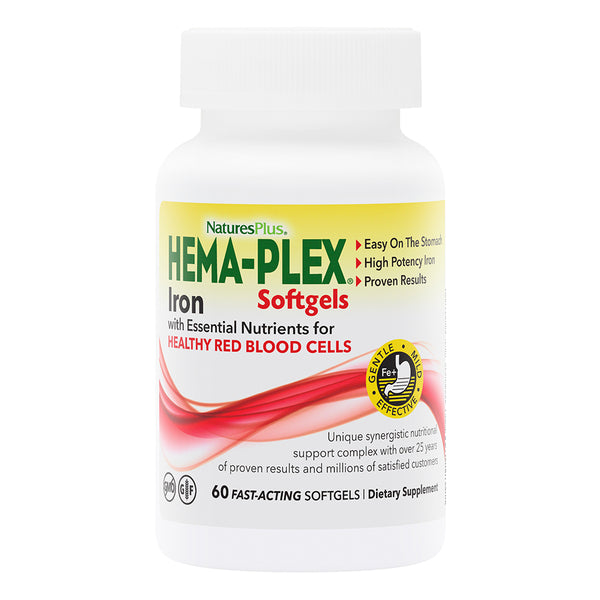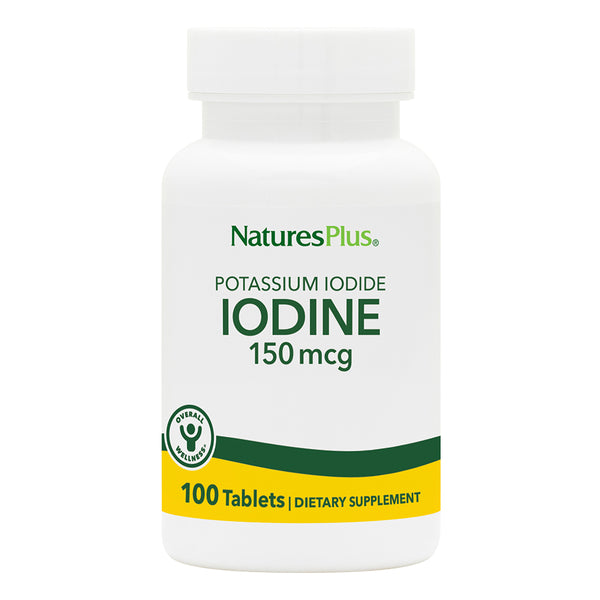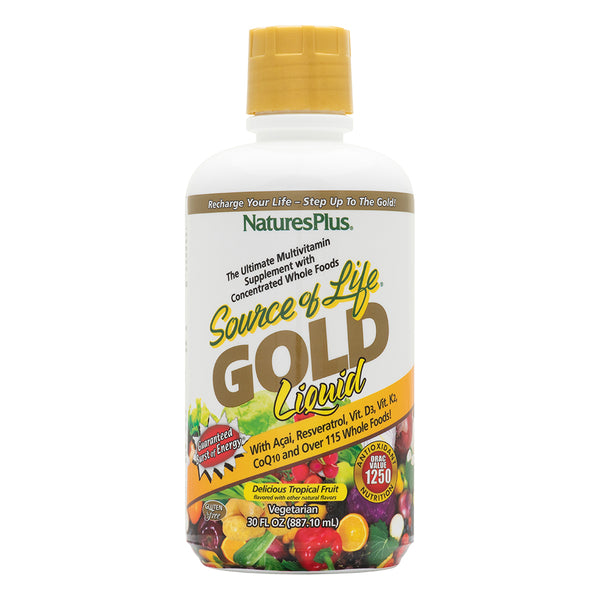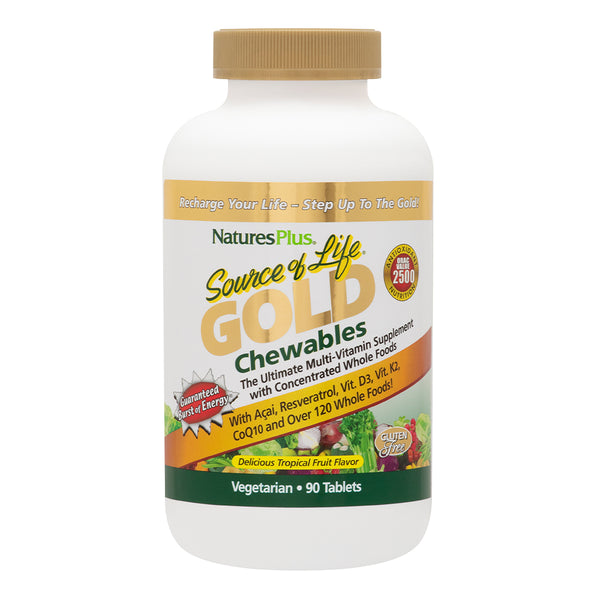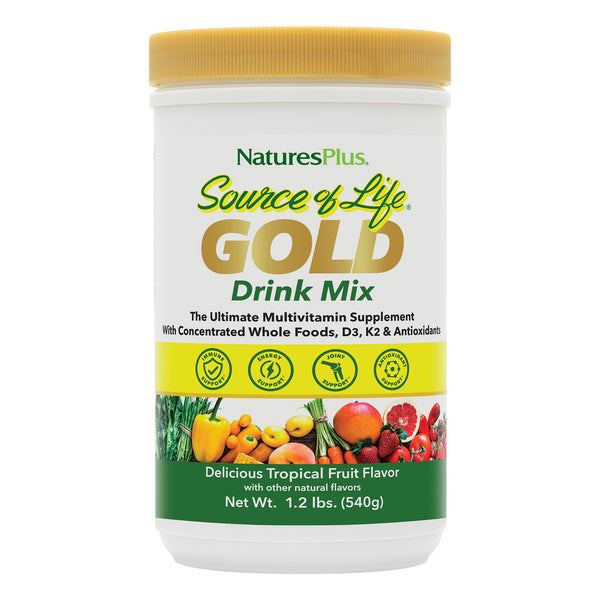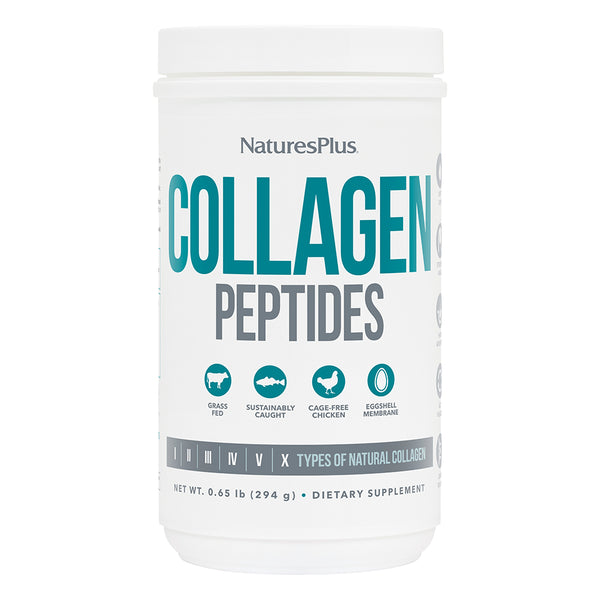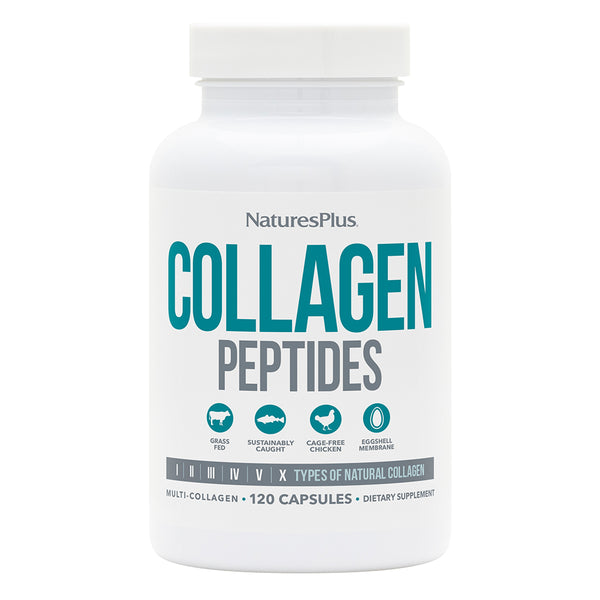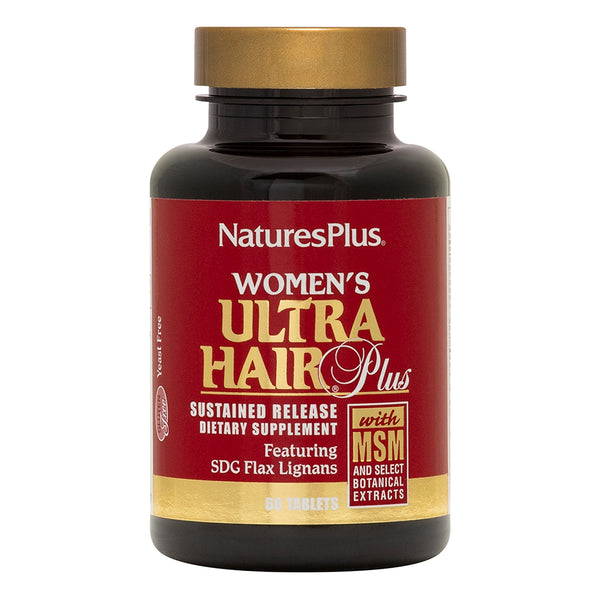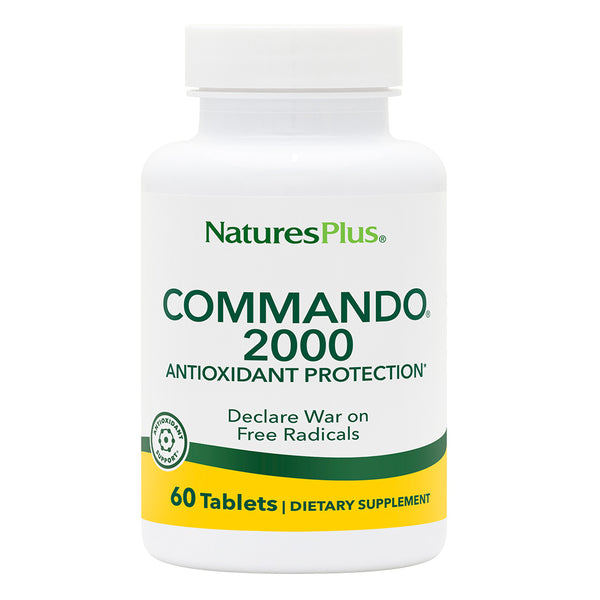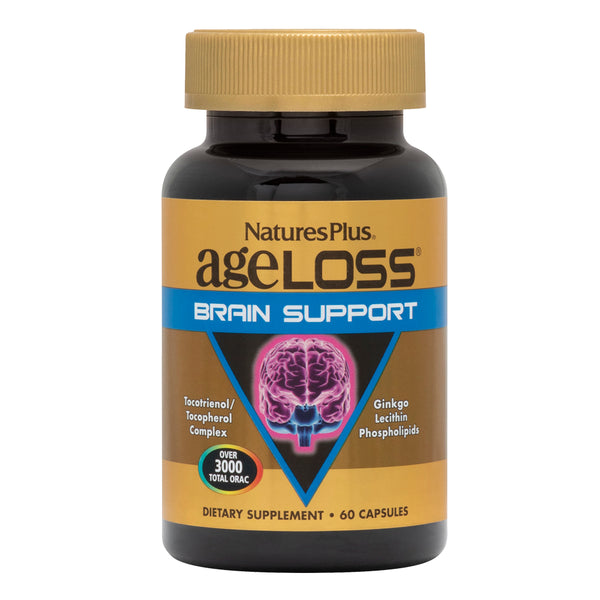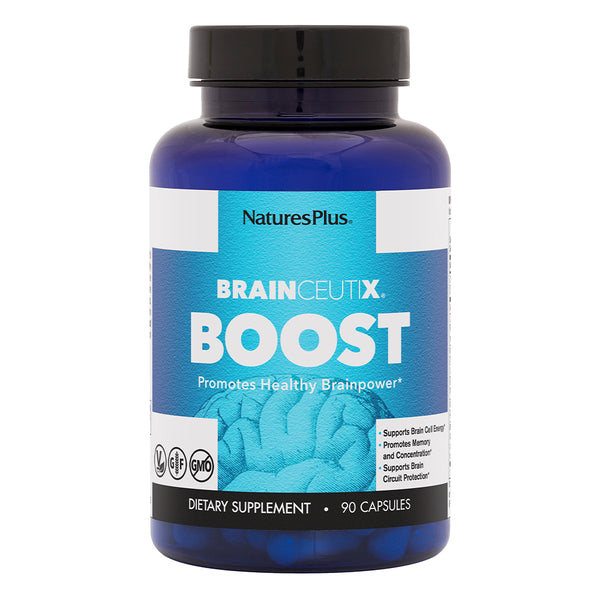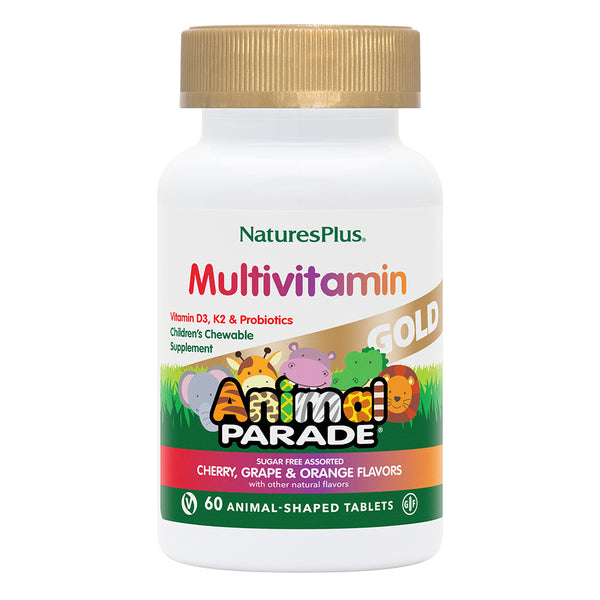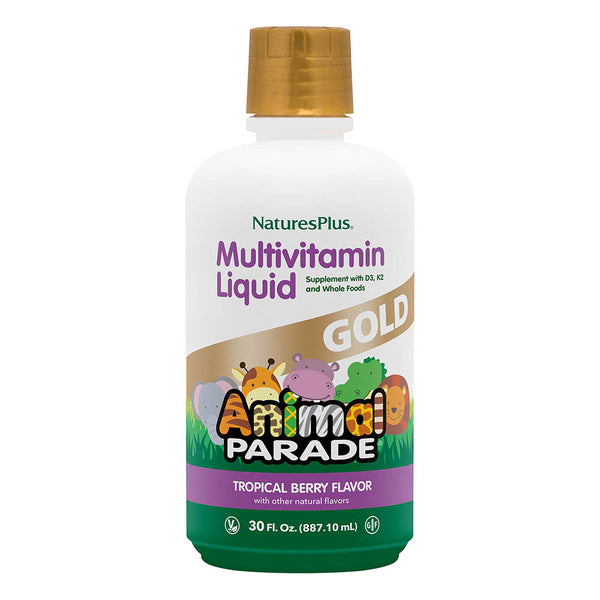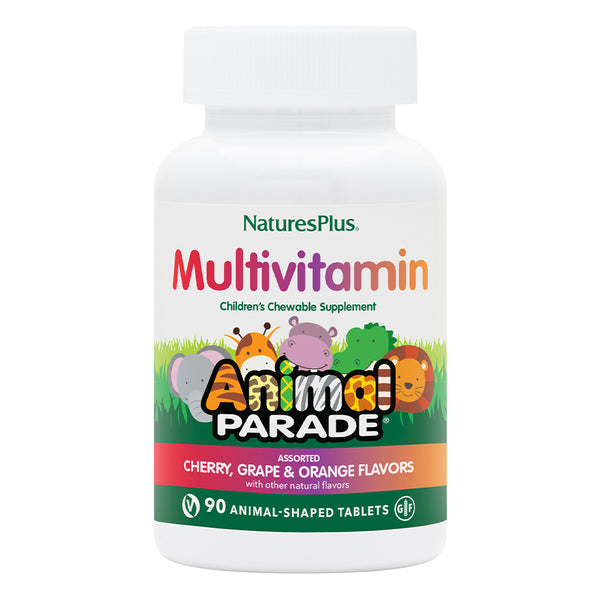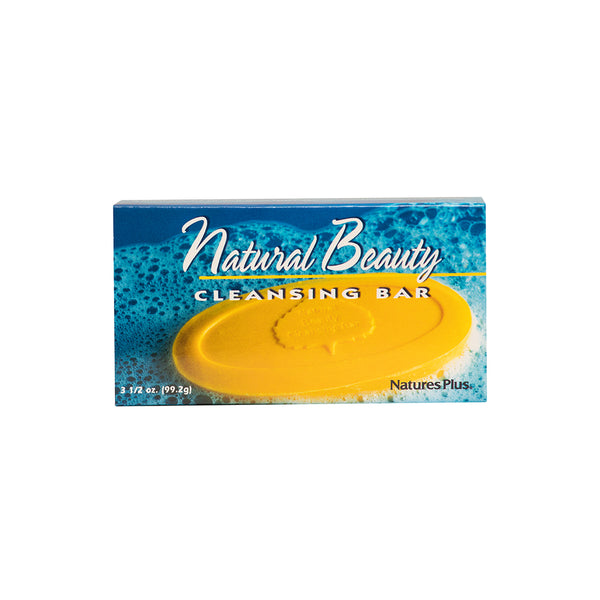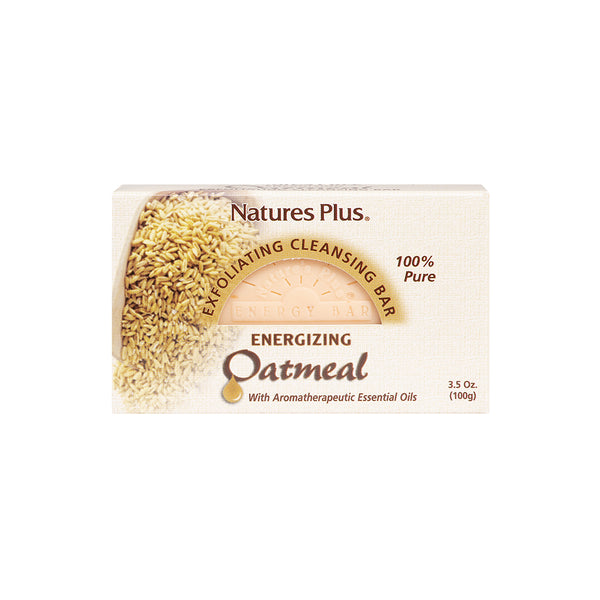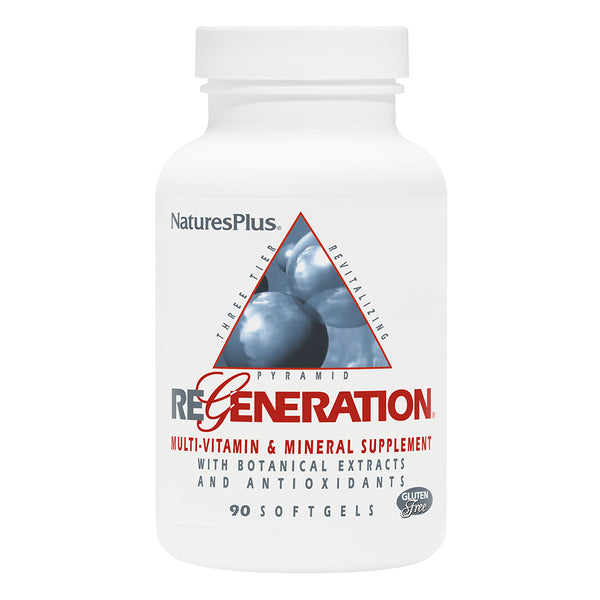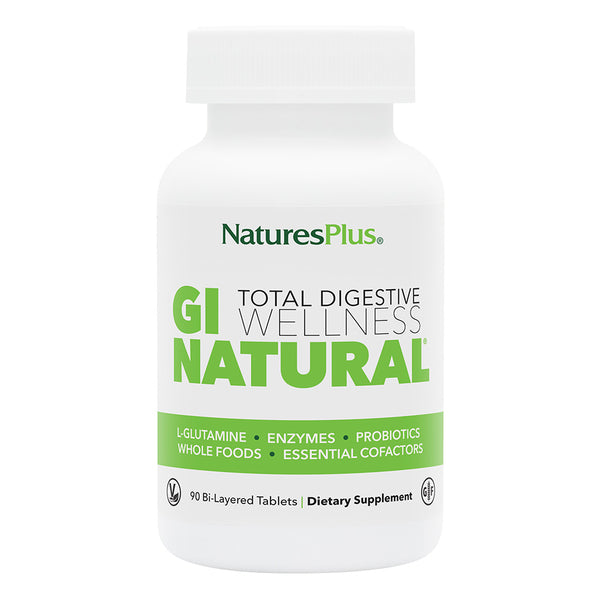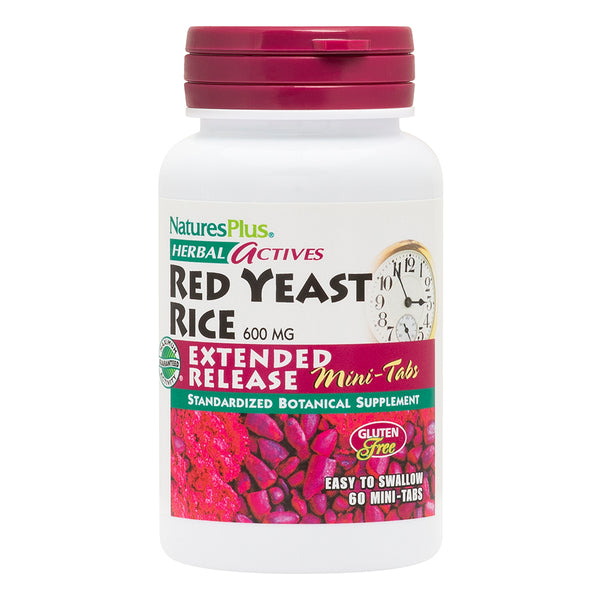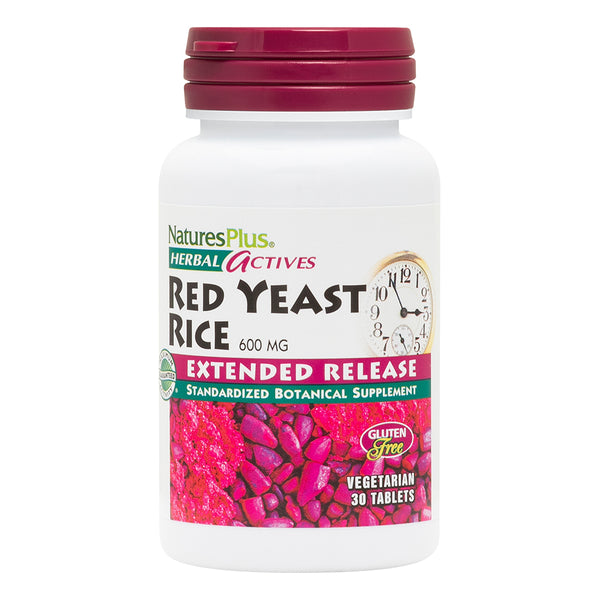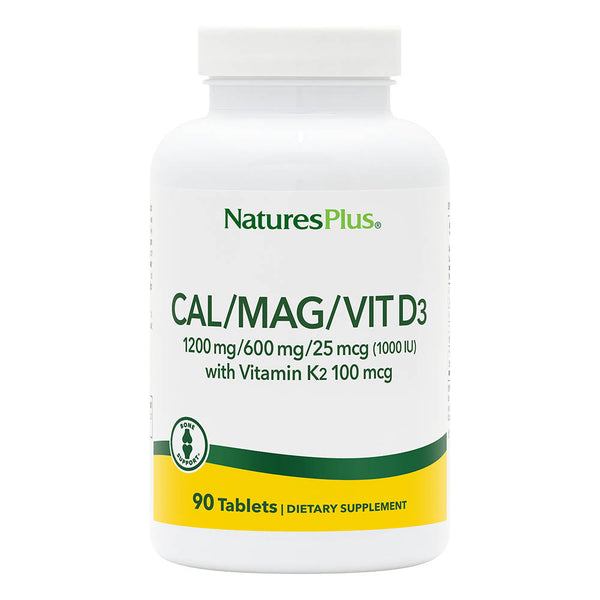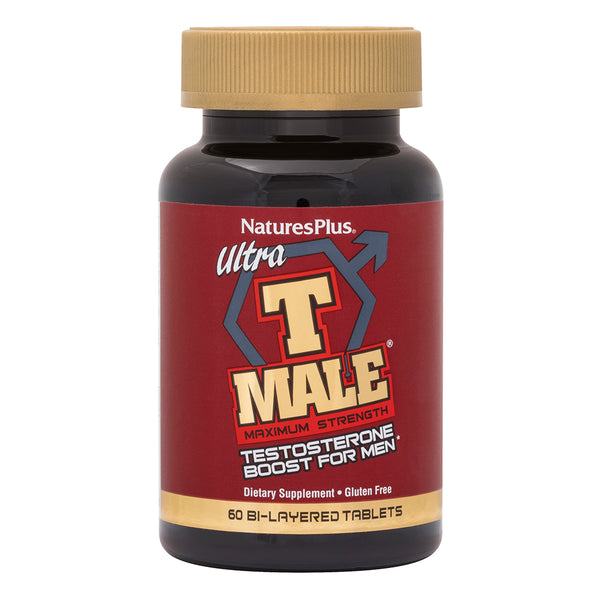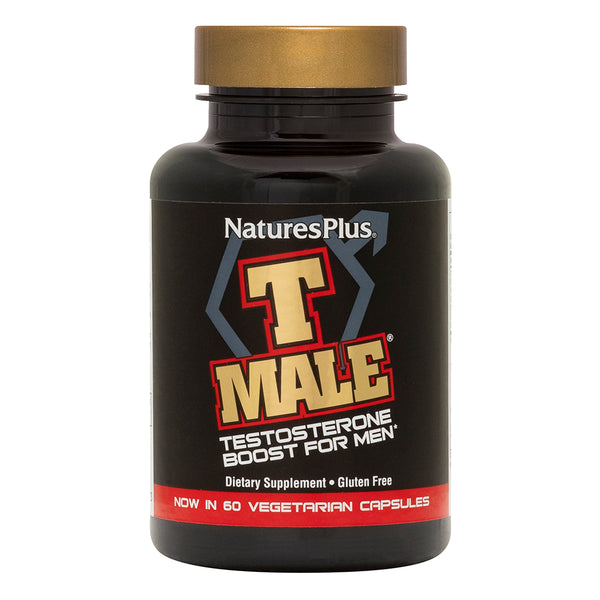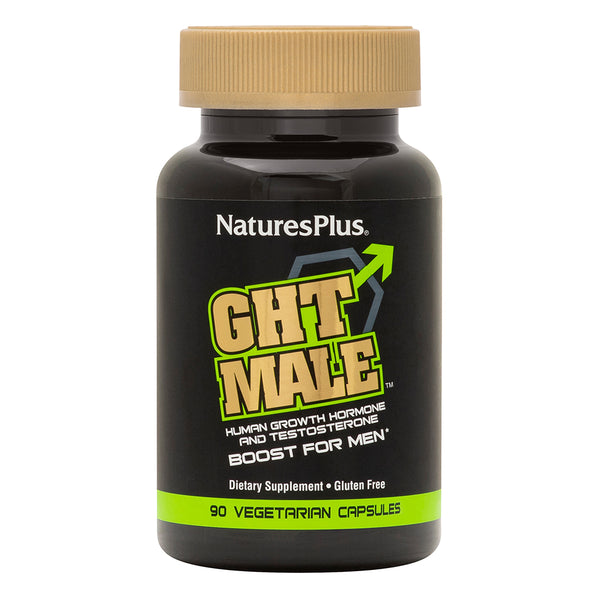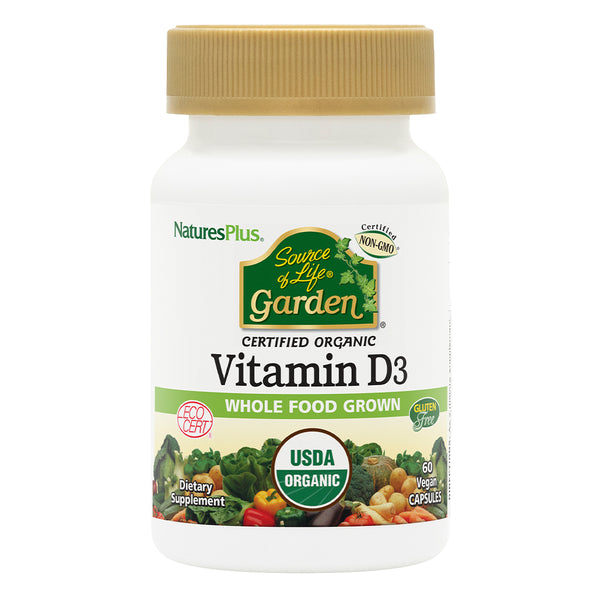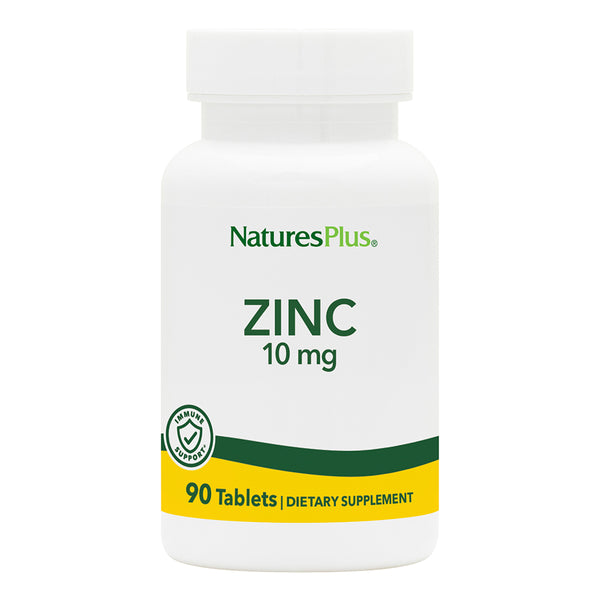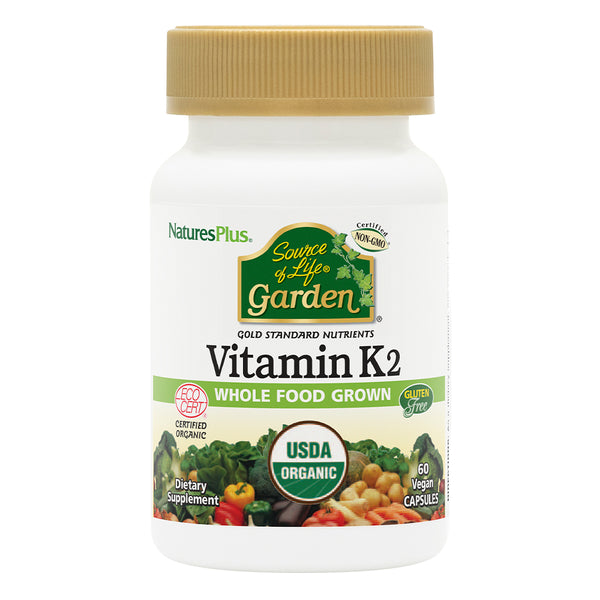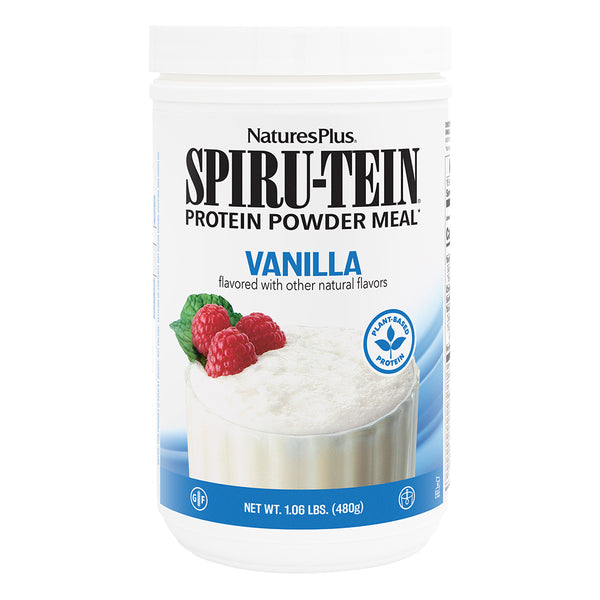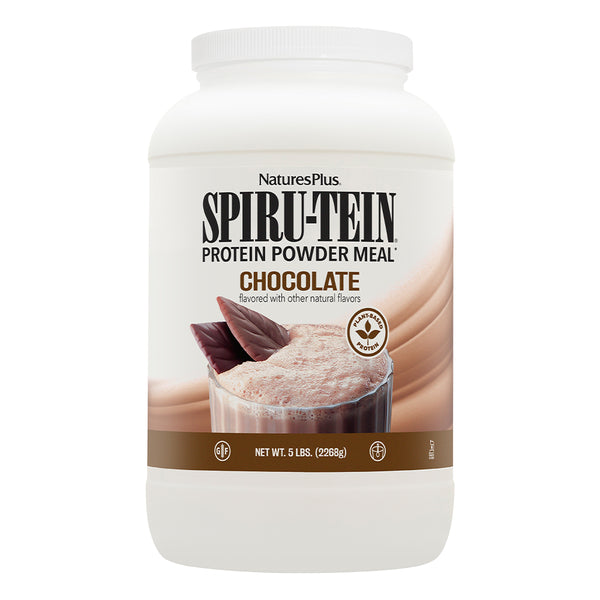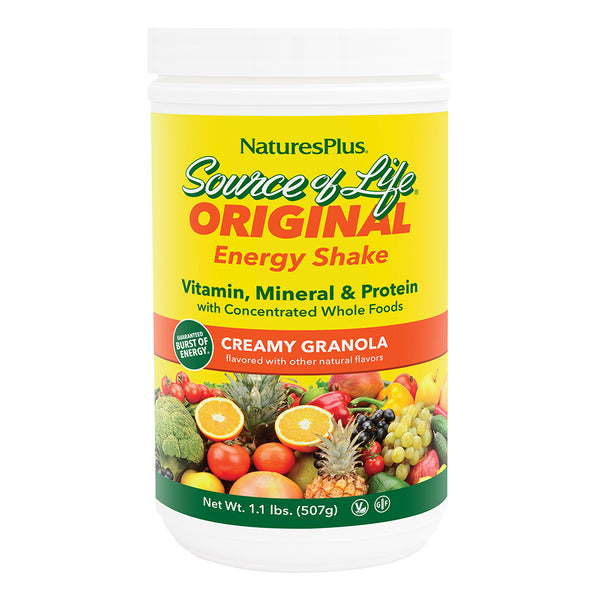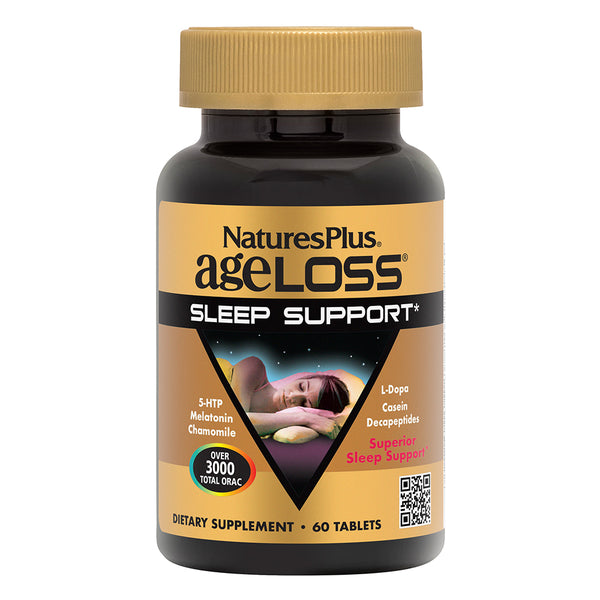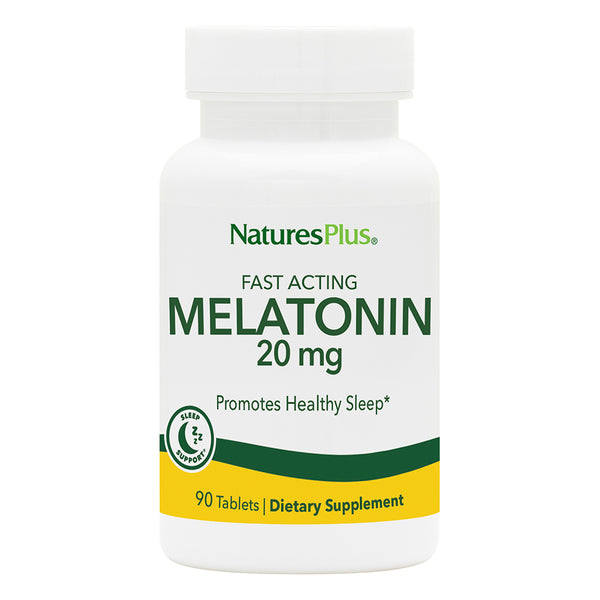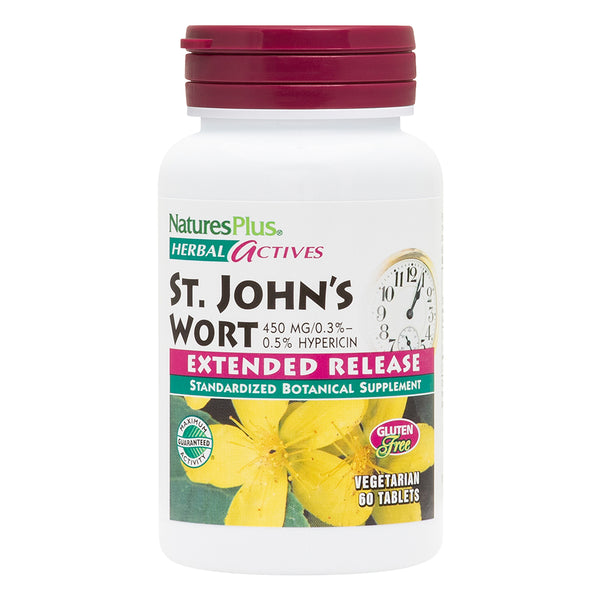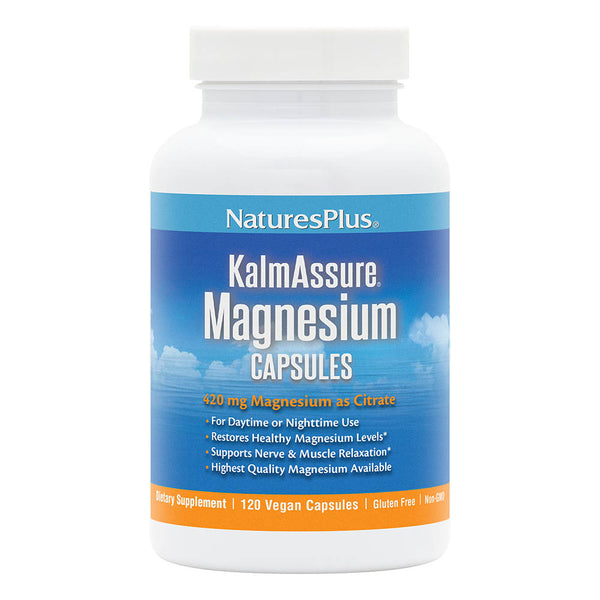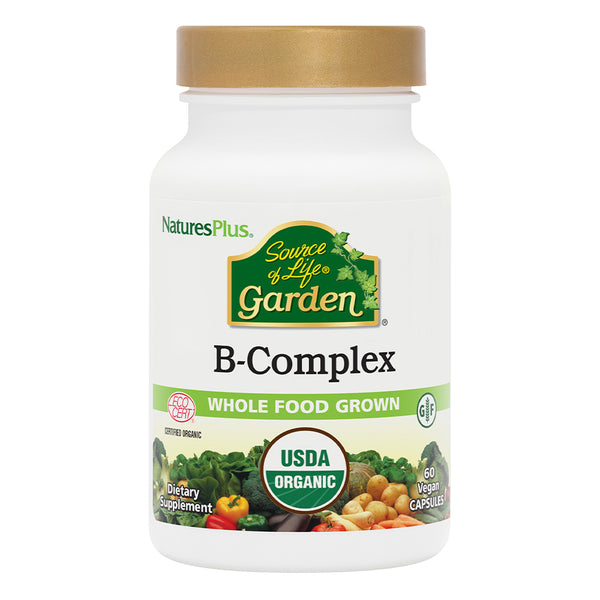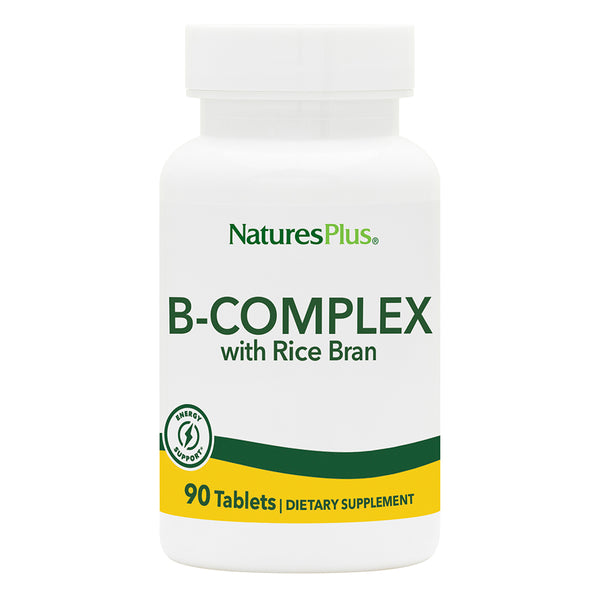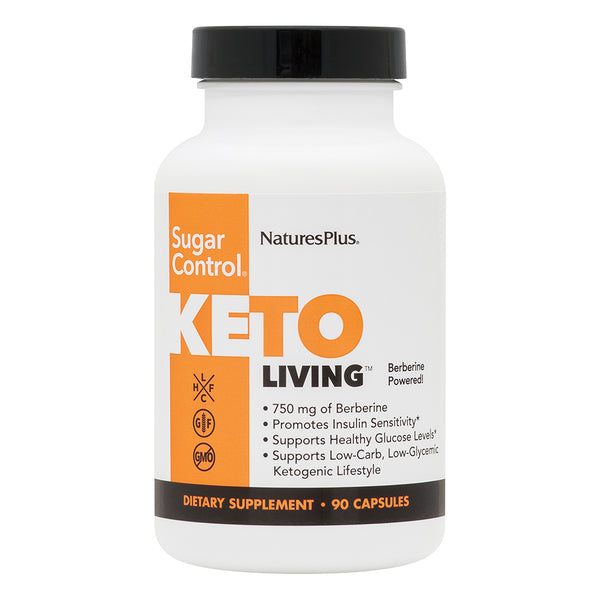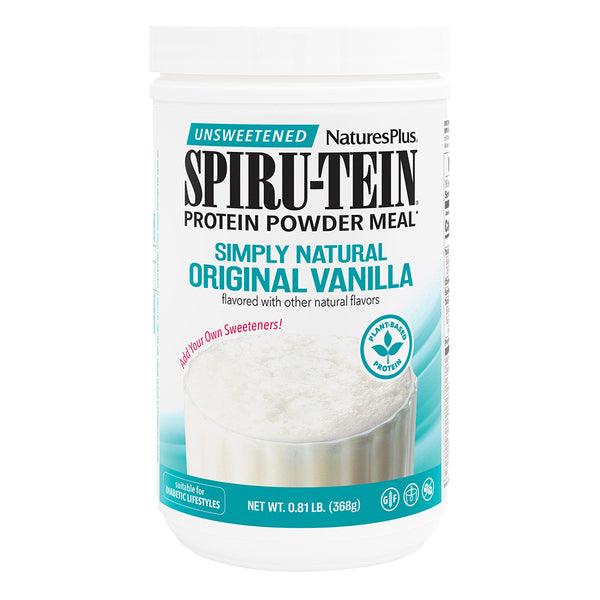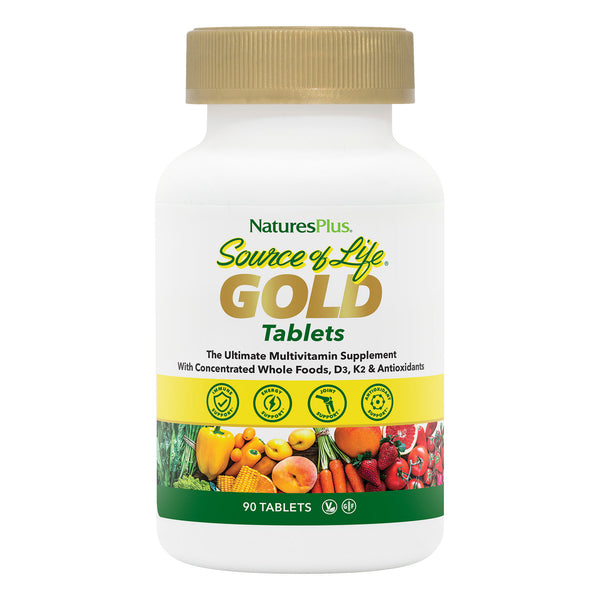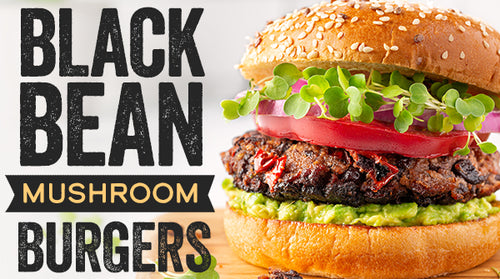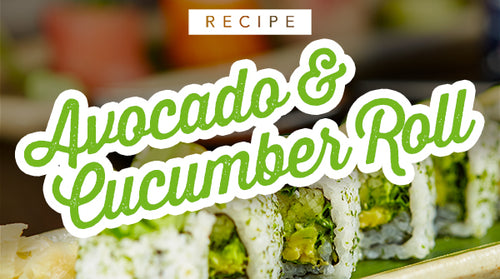Once a hard-to-find specialty food product, dairy-free milk options are now abundant.
Some people favor milk from sources other than cows as part of a vegan lifestyle. Others say they feel better when they don’t do dairy.
Pamela Ellgen is one of them. As a child, she suffered from a variety of allergies, resulting in congestion and triggering her asthma.
“As a young adult, I liked pizza, and I survived just fine; it wasn’t an allergy resulting in anaphylaxis, but I didn’t feel great,” recalls Ellgen, author ofThe Big Dairy Free Cookbook (Rockridge Press). “I experimented, and when I stopped dairy, my skin cleared up, I slept better, my seasonal allergies disappeared and I saw a similar effect in my kids.”
When buying non-dairy milk, it’s important to check the labels.
Organic also means non-GMO, and a good rule of thumb is to go for milks with the lowest amount of additives and sugars. You can also reduce sugar levels by opting for unsweetened versions.
Here’s a rundown on six plant-based milks.
Almond Milk
Almond milk is produced by blending almonds with water and straining out the pulp. “I like the nuttiness of it,” says Alisa Fleming, founder of Go Dairy Free, the website and book of the same name (Fleming Marrs); she uses it in smoothies, with granola and in baking.
“It’s fun to experiment with other nut milks, but I often come back to almond.”
Ellgen adds, “In baking, I find that unless the recipe is driven by the fat or taste of dairy, it’s OK to substitute almond milk.”
Cashew Milk
Ellgen describes this nut milk as having a rich cashew flavor. Like all of them, it has very little protein and is low in fat with no saturated fat or cholesterol.
Ellgen makes a cashew cream, with a higher ratio of nuts to water, for a coffee creamer and for use in a dairy-free mac n’ cheese. “It has a similar density to half and half,” she says.
Coconut Milk
Traditionally used as a base for Thai cooking, coconut milk is also packaged as a beverage and used as an addition to smoothies, baking and soups.
“I often use unsweetened coconut milk beverage for recipe testing, because it’s quite versatile in both sweets and most savories, and it fits most dietary needs,” Fleming says. “Coconut milk beverage is also higher in fat, more like 2% dairy milk.”
Oat Milk
This milk has a creamy texture and a slightly sweet flavor that’s often compared to that of low-fat cow’s milk. It can be used in place of cow’s milk in most recipes, including baking, soups, smoothies and cereal.
Because oats are known for their fiber and protein, oat milk is naturally more nutritious that some other non-dairy varieties. However, “oat milk beverage is typically made from oats that have been fragmented to keep the beverage creamy,” Fleming says, “so it isn’t as high in fiber as some might think.”
Rice Milk
This option is made from blending boiled rice with water and is naturally sweetened through the breakdown of carbohydrates into sugar (some brands do add sweetener).
Despite its relative lack of nutritional value, rice milk does offer a mild, sweet flavor that some people describe as most closely resembling that of cow’s milk, although thinner and more watery. It can be a good substitute for dairy in desserts that don’t require a thicker texture.
Soy Milk
One of the first plant milks to hit the mainstream, soy milk is derived from ground and filtered soybeans. It is a good source of protein, with 7 grams in each cup of the unsweetened plain variety.
“It’s neither sweet nor bitter,” says Ellgen, who recommends products based on sprouted soy for enhanced digestibility.
Like this article? You’ll love our weekly newsletter
sign up here!
**These statements have not been evaluated by the Food and Drug Administration. This product is not intended to diagnose, treat, cure or prevent any disease.
